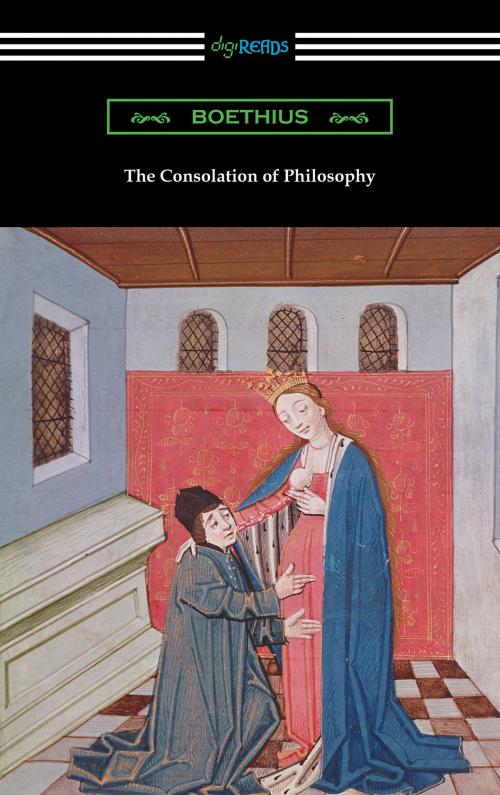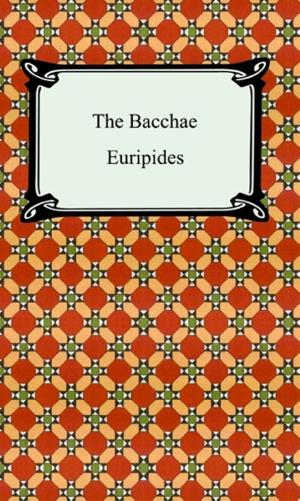| Author: | Boethius | ISBN: | 9781420958805 |
| Publisher: | Neeland Media LLC | Publication: | September 27, 2018 |
| Imprint: | Digireads.com Publishing | Language: | English |
| Author: | Boethius |
| ISBN: | 9781420958805 |
| Publisher: | Neeland Media LLC |
| Publication: | September 27, 2018 |
| Imprint: | Digireads.com Publishing |
| Language: | English |
Born in the late 5th century AD, Boethius was a Roman statesman and philosopher who would come into the service of the Ostrogothic ruler of Italy, Theodoric the Great. Ultimately he would rise to the position of magister officiorum, the head of all the government and court services. In 523 AD he would find himself accused of treasonous correspondence with Justin I, a charge that would land him in prison and ultimately lead to his execution. During Boethius’s year-long imprisonment leading up to his execution he wrote “The Consolation of Philosophy,” a work that would become regarded as one of the most important and influential works from medieval times. “The Consolation of Philosophy” is a classical exposition of human nature as Boethius reflects on the treacherous betrayal that led to his fall from favor with his lord. In it he ponders the universal question of Theodicy, or why a benevolent and all powerful God allows evil to manifest in the world, and on the transitory nature of fortune. Meant to provide himself with some solace in the face of his fated execution, Boethius’ “The Consolation of Philosophy” is a work that has provided spiritual guidance to those in despair ever since its first appearance. This edition includes a biographical afterword.
Born in the late 5th century AD, Boethius was a Roman statesman and philosopher who would come into the service of the Ostrogothic ruler of Italy, Theodoric the Great. Ultimately he would rise to the position of magister officiorum, the head of all the government and court services. In 523 AD he would find himself accused of treasonous correspondence with Justin I, a charge that would land him in prison and ultimately lead to his execution. During Boethius’s year-long imprisonment leading up to his execution he wrote “The Consolation of Philosophy,” a work that would become regarded as one of the most important and influential works from medieval times. “The Consolation of Philosophy” is a classical exposition of human nature as Boethius reflects on the treacherous betrayal that led to his fall from favor with his lord. In it he ponders the universal question of Theodicy, or why a benevolent and all powerful God allows evil to manifest in the world, and on the transitory nature of fortune. Meant to provide himself with some solace in the face of his fated execution, Boethius’ “The Consolation of Philosophy” is a work that has provided spiritual guidance to those in despair ever since its first appearance. This edition includes a biographical afterword.















